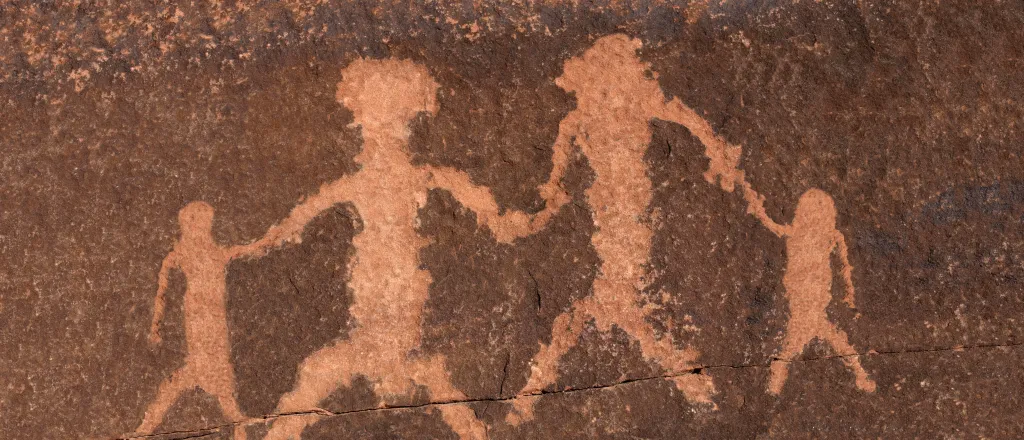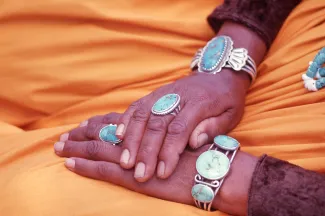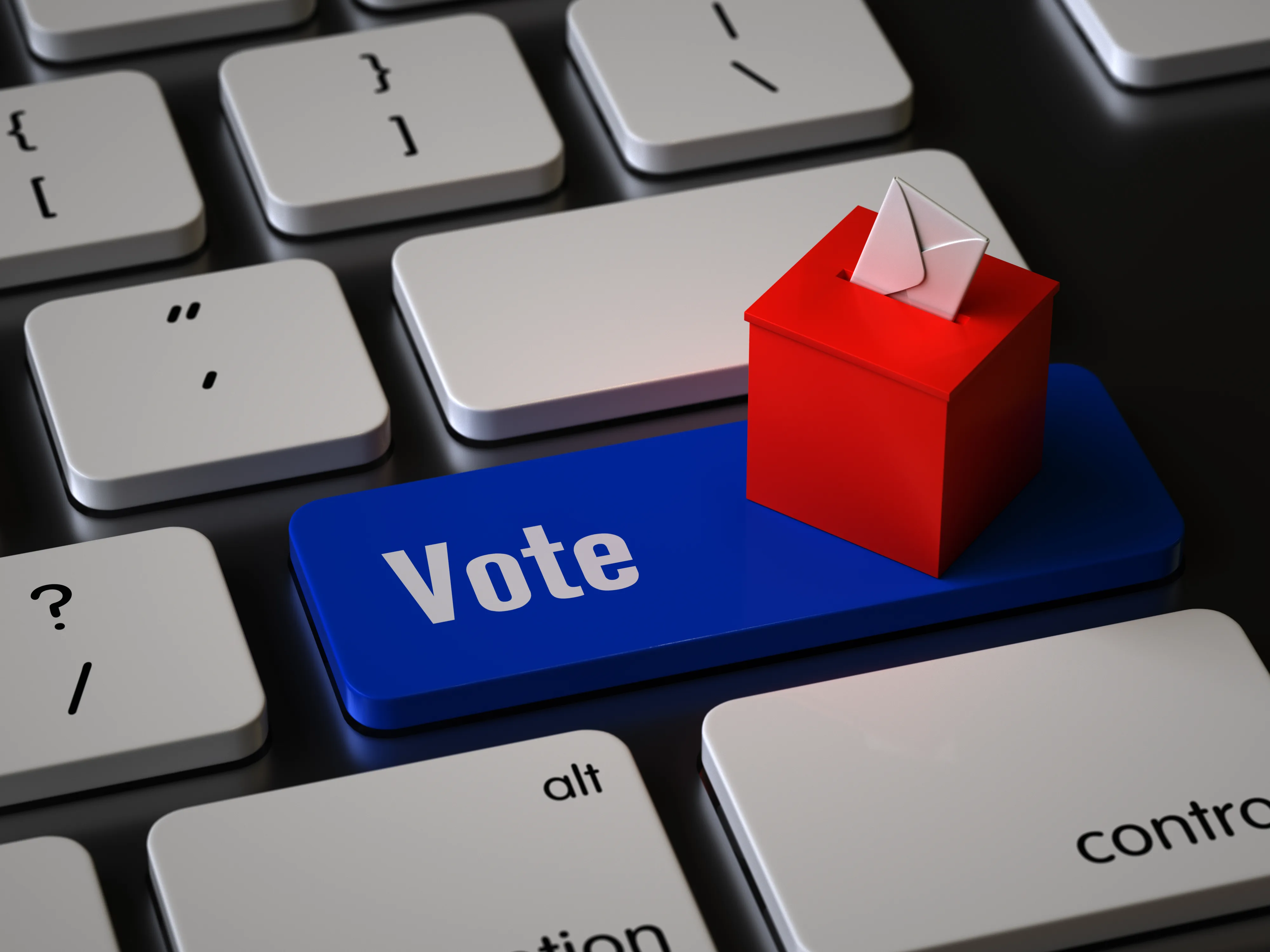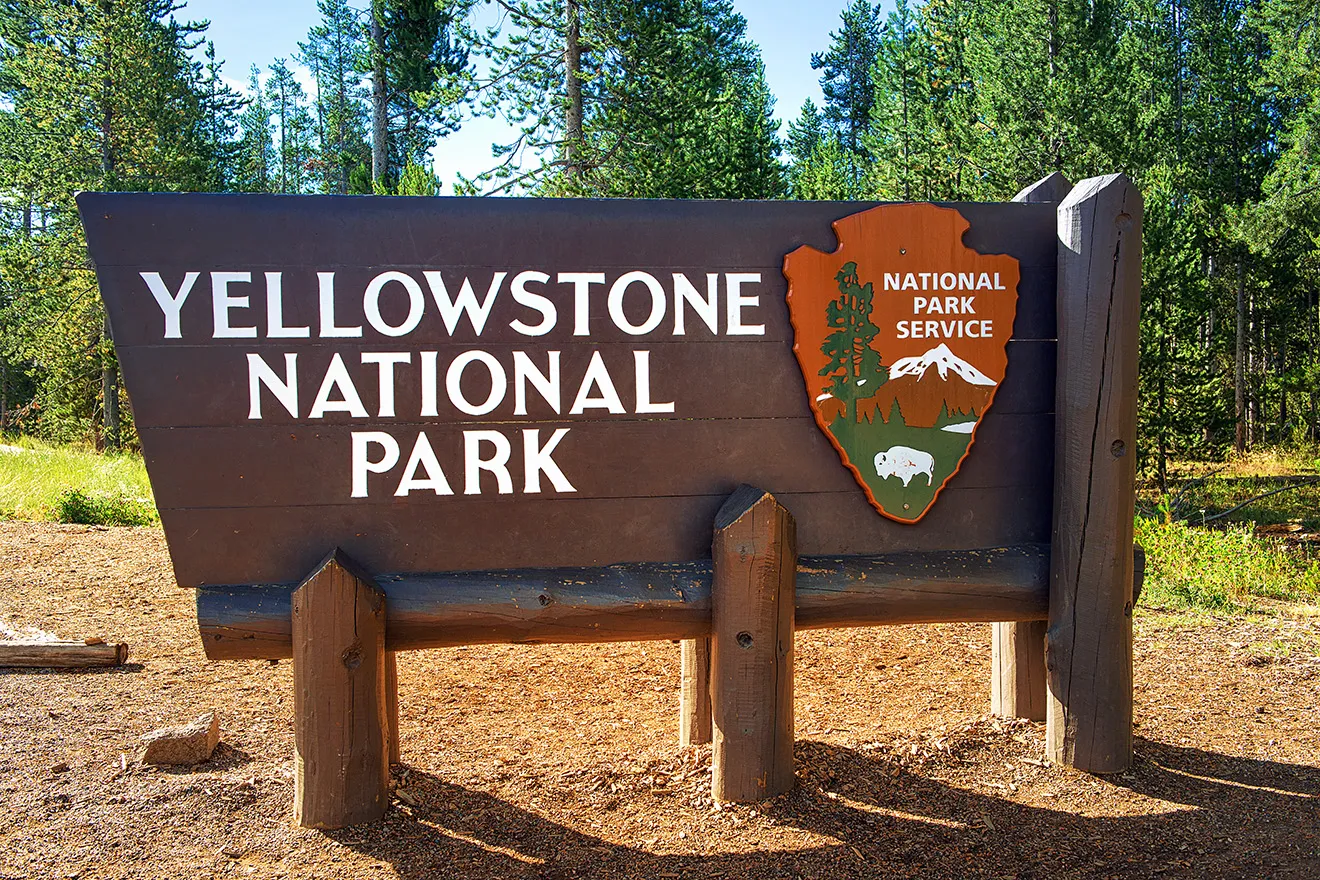
Native organizations commemorate 100th anniversary of Citizenship Act
Click play to listen to this article.
(Prairie News Service) Sunday marks 100 years since the United States granted citizenship to all Native Americans. North Dakota voices are observing the milestone, and highlighting the challenges that still exist.
In 1924, what's now known as the Snyder Act was signed into law. Historians say a key element of the act was establishing voting rights for Indigenous people.

© Rebecca J Becker - iStock-1251580456
Jody DeLong, a social science instructor at Turtle Mountain Community College, said it came after a number of Natives signed up for military service and fought in World War I. Despite efforts to afford them more rights, he said Natives were still shut out of the Democratic process for a long time.
"Even though the act was passed, in the Constitution it states that the states have the right to determine who's an eligible voter within their state," he said, "and it wasn't until some 40 years later that every state made it allowable for Native Americans to vote."
Today, he pointed to restrictive rules that still make voting difficult, including North Dakota's Voter ID law. Some regional tribes have gone to court over redistricting matters. Advocacy organizations across the nation encourage Native people to educate themselves about the Snyder Act, hopefully inspiring them to become civically engaged.
DeLong, a board member for North Dakota Native Vote, said the act also paved the way for Indigenous populations to gain representation in state legislatures and Congress. He said many tribal areas still struggle with poverty and other issues, but he alludes to the collective energy being seen to put more Natives in positions of power.
"We get to vote for leaders that are going to represent our values, protect our culture and promote our people," he said.
DeLong acknowledged that being recognized as U.S. citizens has helped Natives overcome stereotypes, with many living and working in non-tribal communities. He said that visibility has opened the door for non-Natives to have a more empathetic view of those with tribal ancestry and realize their contributions.














